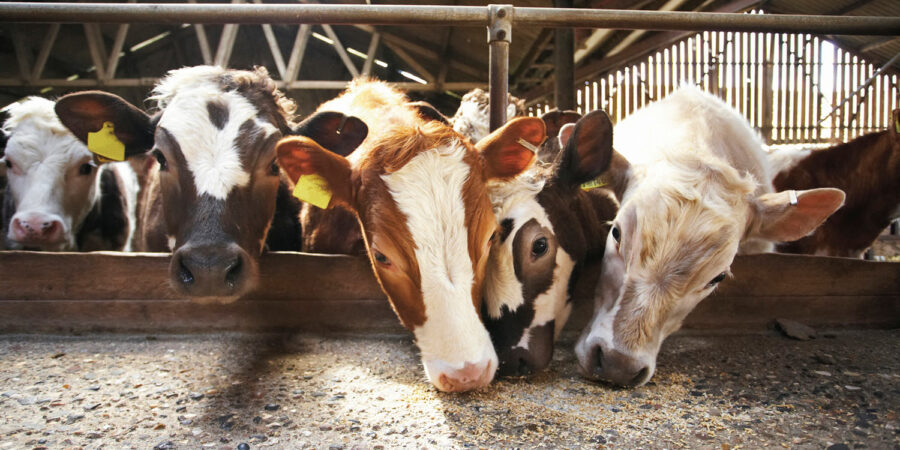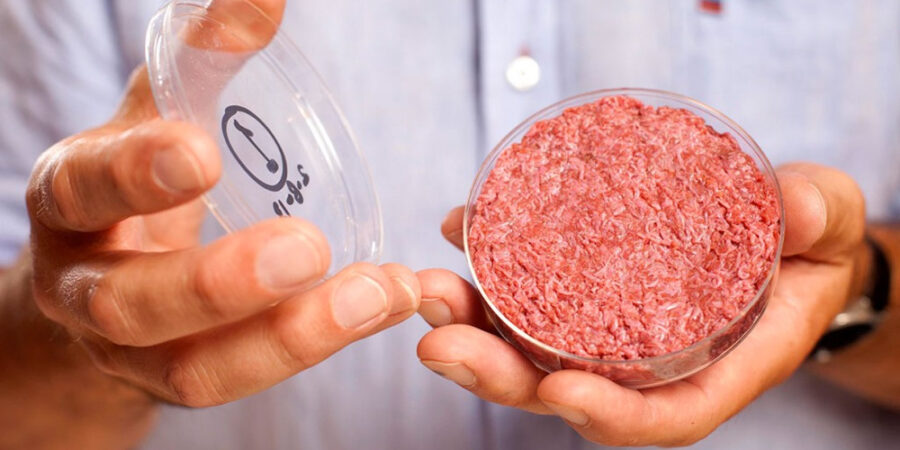When Woolworths launched it’s vegetarian ‘mince’ in 2018, the product was sold out within days – And in 2022, the massive appetite for delicious plant-based food that helps the environment, improves personal health and reduces the suffering of animals just keeps on growing (just like plants, yay!). Veganuary — a charity that encourages people to try vegan for January — smashed records in 2022— signing up over 600,000 people.
All of which begs the question: exactly when will our policymakers catch up?
With a former Prime Minister who did his best to warn us not to get “distracted by ideological debate” when it comes to climate change, and failed to prioritise Australia’s international climate obligations, it doesn’t seem likely that calls for a meat tax (to help offset meat’s significant financial burden on the environment and public health system) will be adopted any time soon.
So despite the fact meat and dairy are some of the greatest polluters of all, political focus remains stubbornly fixed on the energy we use to power our homes, rather than our bodies. The former government had no emissions reductions policies — in the energy or agricultural sectors! But that didn’t stop former Prime Minister Morrison insisting that Australia will meet our Paris climate commitments. How? Well, according to the old PM “the business-as-usual model gets us there in a canter”.
He didn’t seem to understand that how we’re operating our “business-as-usual” — is actually cantering Australia, and the world, towards a cliff…










